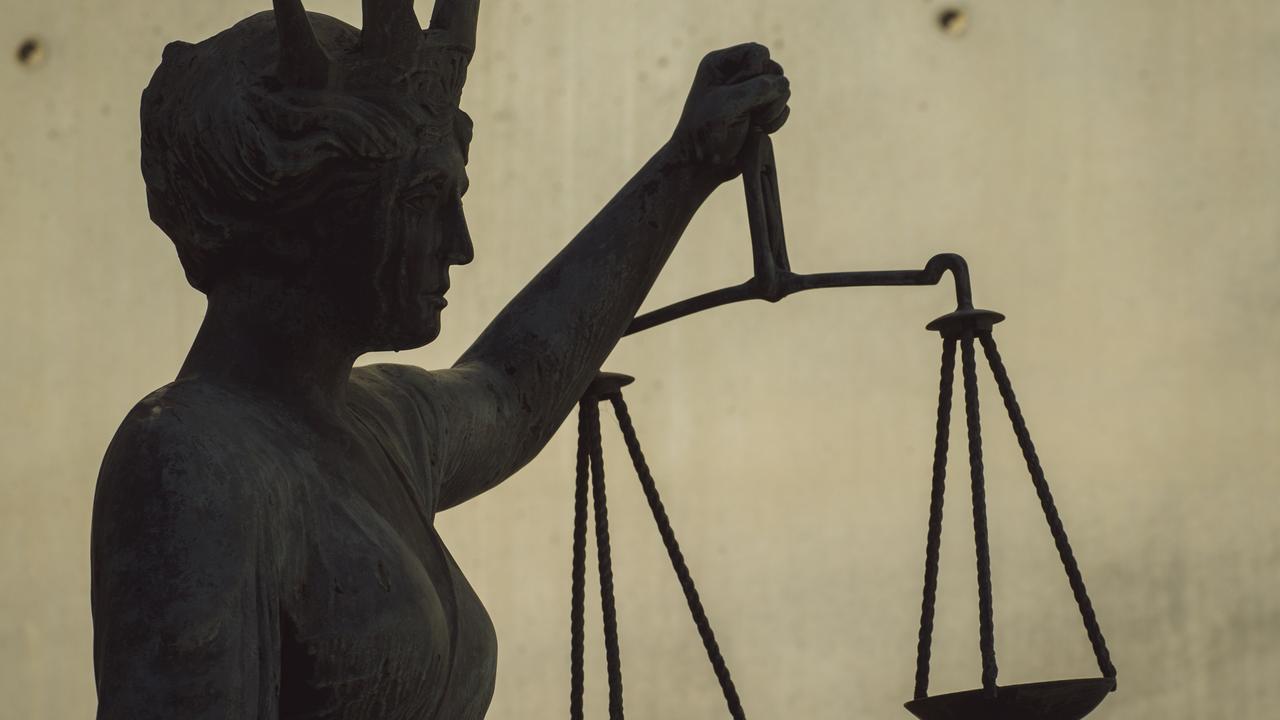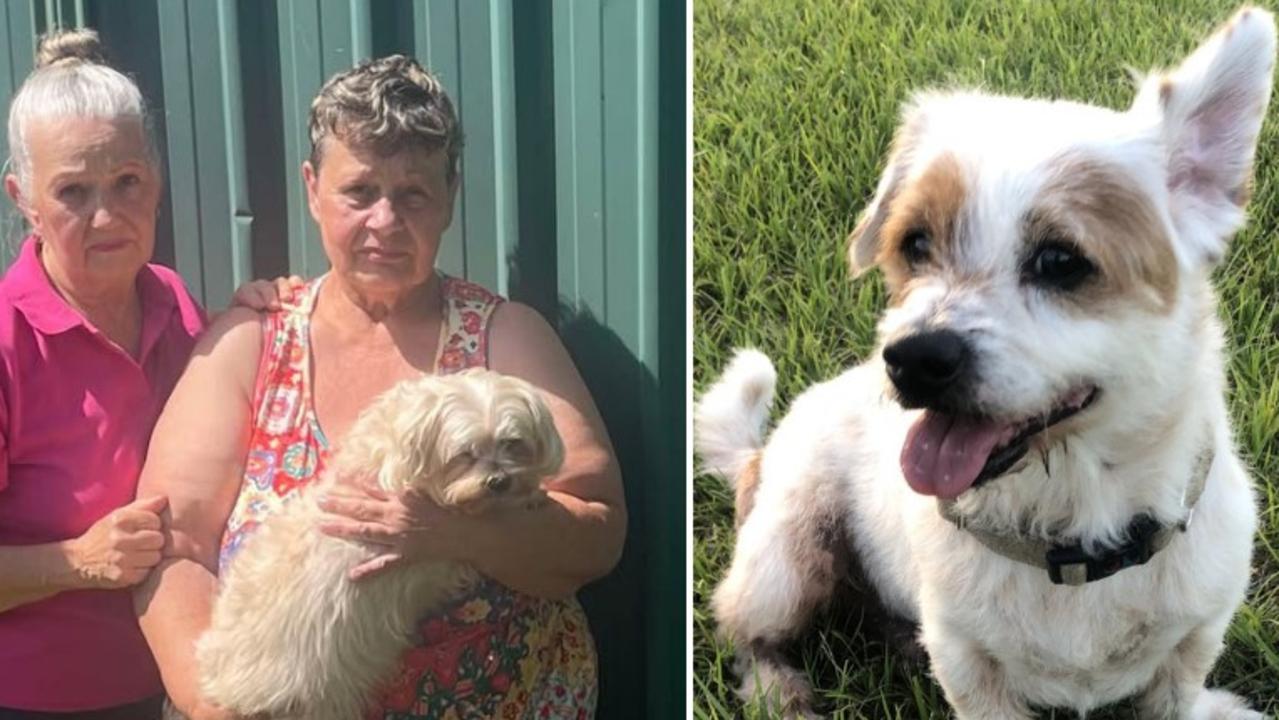Premier slams profiteering social media giants, reveals personal battle
Steven Miles attacks social media giants for profiting from crime and failing to protect children in a stinging attack that ended with premiers uniting to demand action.
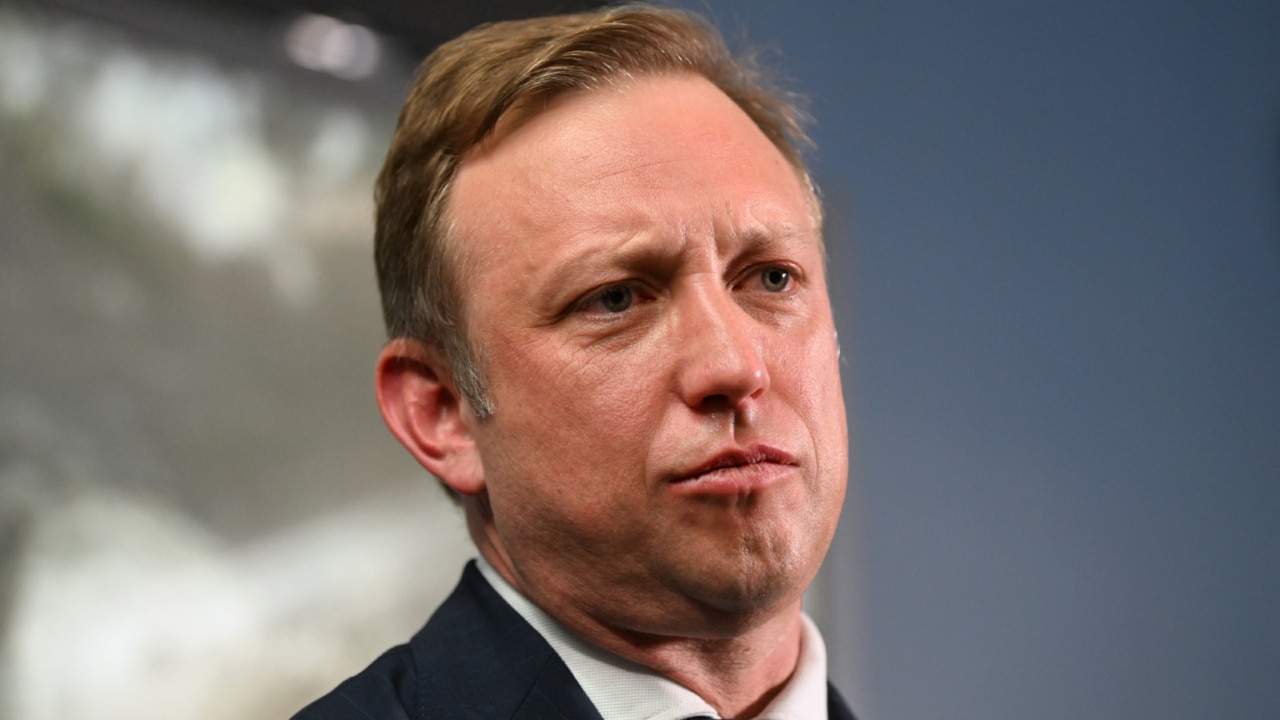
QLD News
Don't miss out on the headlines from QLD News. Followed categories will be added to My News.
Steven Miles has slammed irresponsible social media giants for profiting from crime and failing to protect children in a stinging attack that ended with premiers uniting to demand federal government action.
Mr Miles, a father of three, unleashed on the actions of social media giants and the influence they held in the lives of Queenslanders.
His criticism came a day after Meta whistleblower Frances Haugen declared people under 14 faced serious mental and physical health risks from unregulated access to Meta platforms like Instagram and Facebook.
“Social media companies have no regard, no responsibility,” Mr Miles said.
“If you look at what they do, effectively profiting from crime in Queensland, they allow perpetrators to post their crimes and then Facebook profits from it.
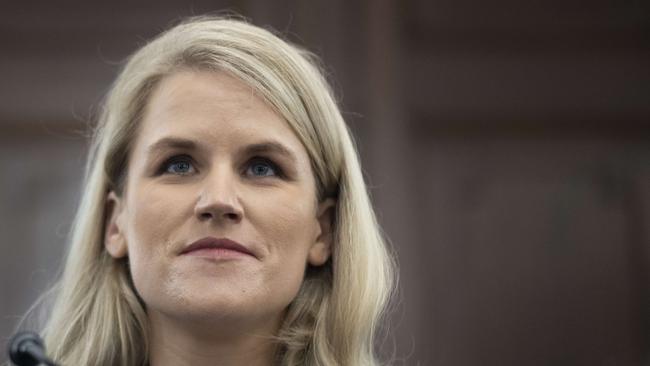
“There is a lot of work to do to regulate these social media companies just as in the past, we have moved to regulate other forms of media.
“Here in the state we don’t have a lot of powers in that regard but I do think that the Australian Government needs to look at what else they can do to make the social media companies operate with some kind of responsibility.
“They are impacting on our young people, they’re impacting on our communities and they’re doing it with impunity.”
Mr Miles also revealed the struggles in his own household to ensure his three children were protected online.
“That’s an issue that Kim and I have really grappled with,” he said.
“It’s very hard to restrict access to social media.
“Our kids went through a school where iPads were compulsory and so they’ve always had access to electronic devices and managing that has been challenging at times.”
Queensland teenagers called out dangerous social media platforms where they were unwillingly exposed to shockingly violent content and harassment.
Isabella Mead, Ella Campbell and Lucy Cooper are all 18 years old and first-year university students who first joined social media between the ages of 13 and 15.
Lucy said since signing up at age 13 she has been exposed to things “you can’t un-see” so many times it was hard to think of one example.
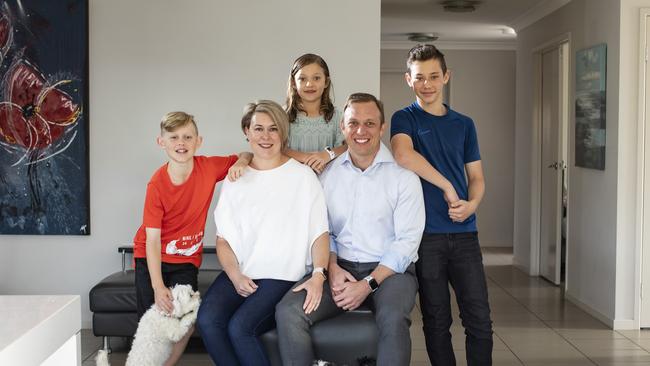
“You just see so many things you don’t choose to see … things are shown to you before you’re even looking out for them,” she said.
“A lot of conflict between people could have been avoided if we weren’t on social media so young, a lot of people say things on there they wouldn’t in person.”
Isabella said she was exposed to a traumatically violent video after logging on at 12 that has never left her.
“I was shown a video, it was a beheading, and I’d never seen anything like that before,” she said.
“At school there were these ‘tea’ pages, like gossip, where people post rumours and bad photos … cameras are everywhere these days so you’re scared of pictures.”
Despite this, Ella said it was not realistic to stop young people from logging on, but more important for social media companies to ensure their platforms are safe for young people.
“A lot of bullying happens, particularly in group chats so it’s a mass amount of people all attacking one person,” she said.
Florida Governor Ron De Santis this week signed new laws banning teenagers under 14 years old from having social media accounts, irrespective of parental consent.
The new legislation forces social media giants to close accounts operated by minors and cancel accounts at the request of parents.
The law will come into effect on January 1.
Mr Miles’s demand for social media giants to be held to account was followed by similar calls from the leader of Australia’s largest state.
New South Wales Premier Chris Minns said children were “guinea pigs” for the unknown effects social media and problematic screen time would have.
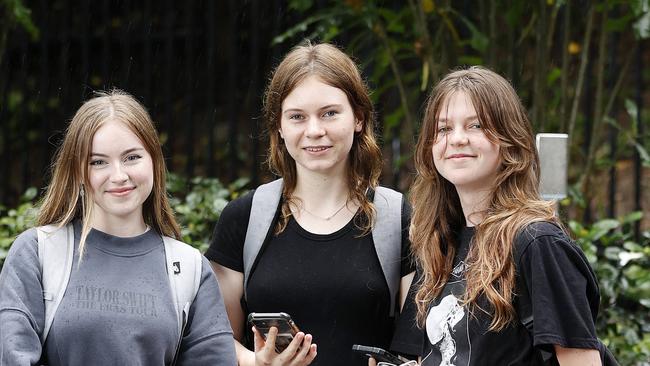
“We cannot expect a thirteen-year-old kid to battle the forces of big technology, Facebook, Tik Tok or Instagram, when we know that these platforms are designed to keep people on their device for as long as possible,” he said.
“We have never before seen this sort of technology distributed on such a large scale.
“We would be open to working with the Federal Government to conduct a review into social media companies’ practices and their impacts on young kids.”
In January Meta unveiled new protections to give teens “more age-appropriate experiences” on its apps, including removing content related to self harm from their feeds.
The company announced it would also be automatically placing teens into the “most restrictive content control settings” on Instagram and Facebook, which would reduce their exposure to sensitive content.
The premiers’ warnings come as Meta whistleblower Ms Haugen warned Australian kids shouldn’t have smartphones before they are 14 years old due to the serious mental and physical health risks posed by unregulated access to Meta platforms like Instagram and Facebook.
Ms Haugen, a former Meta product manager who in 2021 leaked thousands of documents exposing the inner workings of the tech giant, on Tuesday told The Courier-Mail she was “really concerned about kids” impacted by harmful algorithms and bombarded with notifications.
She said Australia was “a little bit behind” the US in combating harms like sleep deprivation, addiction, anxiety and poor mental health linked to social media use.
Ms Haugen highlighted a growing movement in the US called “wait for eight,” where parents and school communities organise for young children to “pledge” to wait until Grade 8 — when a student is about 14 years old — before they get a phone.
She said this also takes pressure off parents who might feel “bad” for not giving their child a phone.

